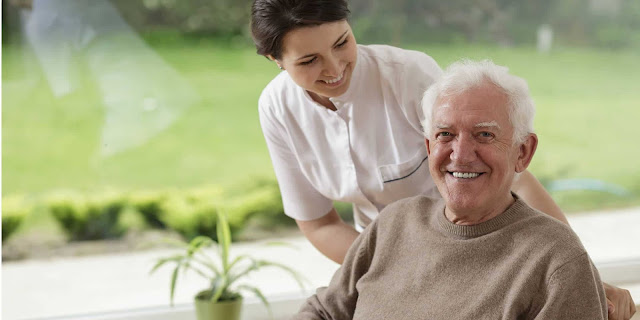Keeping Seniors Safe In Summers - Curodoc Healthcare

KEEPINGS SENIORS SAFE IN SUMMERS Summers can be an enjoyable weather for seniors where they can let their guards down and indulge in outdoor activities that can be relaxing for them. It is the best weather to enjoy a day at the beach or a picnic at the park with friends. While getting some essential vitamin D from the sun is important, with seniors there are always some risks involved. Keeping in mind their independence and their safety, here are some tips to keep in check before they leave home! Skin Care – Sun is without doubt the best natural source of vitamin D, but exposure to sun can take a toll on their skin. With age, their skin has become thin and delicate and sunburn is a cause of concern. When going outdoors, they should always use a sunscreen having at least 30 SPF or higher to prevent sunburns and heat marks. Comfortable Clothing – Summers mean wearing as less clothes as possible and yet keeping safe from suntans and sunburns, but feeling at ease and comfortable. ...







